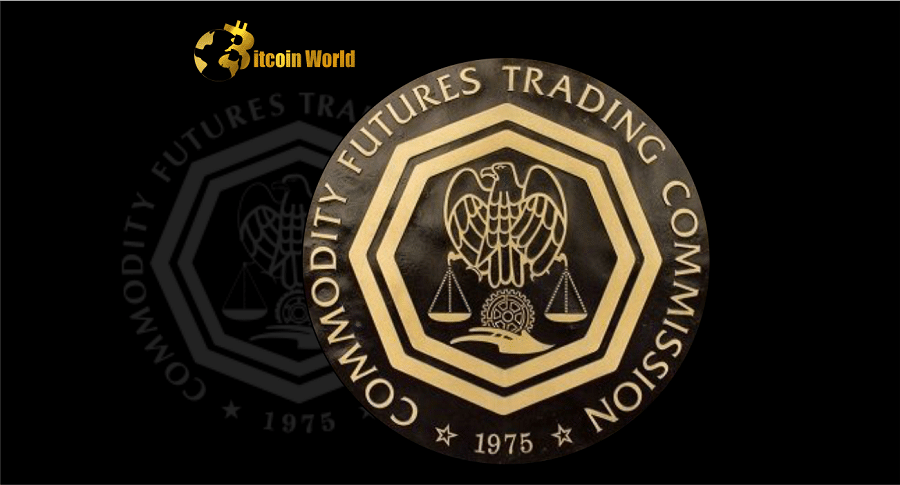Mersinger stated at the DC Blockchain Summit that the agencies were unlikely to reach an agreement on legislation unless Congress mandated collaboration.
“Do I believe that will happen on its own? “No,” she inquired. “I believe we’d need some kind of statutory mandate to force us to sit down,” she said. Mersinger was joined by fellow Commissioner Kristin Johnson at the Future Thinking: Policy Shaping The Digital Asset Markets, Act I fireside talk.
When asked about how the CFTC defines crypto intermediaries, Johnson stated she supports increased cybersecurity laws and the necessity that customer funds be kept separate.
Mersinger’s comments come at a time when the industry is under increased regulatory scrutiny as a result of many high-profile crypto disasters. Failures, such as the demise of the Bahamian exchange FTX and, more recently, the depegging of a major US stablecoin, have stymied attempts to regulate the industry. Maxine Waters, Chair of the House Financial Services Committee, recently stated her intention to advance US stablecoin legislation. This renewed urgency arose as a result of the USDC depreciation following the failure of Silicon Valley Bank.
Commissioner Mersinger’s recommendations for collaborative lawmaking come at a time when the crypto regulatory landscape in the United States is perhaps at its worst. More collaboration could bring more clarity to crypto laws currently awaiting passage in Congress.
The Digital Consumer Commodities Protection Act of 2022 and the Digital Commodity Exchange Act of 2022 both emphasize the CFTC’s participation in digital asset spot markets.
According to the Digital Commodity Exchange Act of 2022, the SEC has authority over digital assets that constitute an ownership position. Assets that do not “transfer the rights and duties generally associated with a security” should be classified as commodities. This definition would place them under the jurisdiction of the CFTC. The SEC might define the word “ownership stake” and give the CFTC more jurisdiction in the process.
The Lummis-Gillibrand Responsible Financial Innovation Act requires digital asset exchanges to register with the Consumer Financial Protection Bureau. It subjects assets that provide owners with a financial stake in a corporate entity to the authority of the SEC. The bill does not define what defines a security or a commodity, which the SEC may help clarify.
The SEC has taken action against cryptocurrency projects for issuing unregistered securities without providing additional guidance on how projects might comply with securities regulations. In a recent Bankless podcast, SEC Commissioner Hester Peirce stated that the SEC should regulate capital raises.














